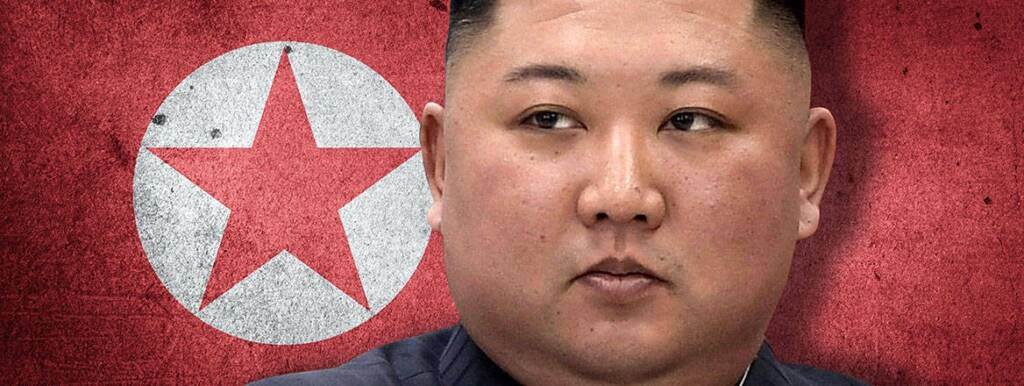South Korean Defense Minister Shin Won-sik recently emphasized the necessity of swift action in the event of renewed conflict on the Korean peninsula. Addressing the South Korean Army Special Warfare Command, Shin instructed them to be prepared to neutralize North Korea’s leadership promptly.
“If Kim Jong-un starts a war, as a key unit of Korea Massive Punishment and Retaliation (KMPR), you must become the world’s strongest special operations unit to swiftly eliminate the enemy leadership,” he said during a visit to the commando unit southeast of Seoul, in Incheon.
Join us on Telegram: https://t.me/tfiglobal
South Korea’s defense doctrine, Korea Massive Punishment and Retaliation (KMPR), forms a crucial component of Seoul’s strategy for deterring potential aggression from North Korea. This doctrine involves delivering a severe retaliatory blow in response to any attack from the North. KMPR is part of a broader defense framework known as the “three-axis” system, which also includes preemptive measures such as eliminating North Korean missile launches and intercepting missiles mid-flight.
Defense Minister Shin’s recent visit to the special forces command coincided with the ongoing “Freedom Shield” military exercise conducted jointly with the US military. These exercises have been criticized by North Korean leader Kim Jong-un as provocative acts and perceived rehearsals for invasion.
Read More: K-Defense! South Korea’s Defense Goes Worldwide!
The Korean peninsula has remained technically at war since the armistice of the 1950-1953 conflict, with no formal peace agreement in place.
Recent drills involving South Korean and US troops have focused on infiltrating key North Korean command facilities and disrupting their operations. The South Korean Army Special Warfare Command is actively preparing for various provocations from the North, including terrorist attacks, with a determination to suppress and punish any aggressions.
“We will move in, strongly suppress them, and punish them until the end.”
Furthermore, Minister Shin’s visit to a crucial wartime command bunker highlights the importance of enhancing capabilities to neutralize North Korea’s nuclear and missile networks swiftly. This includes bolstering operations across multiple domains, including land, sea, air, space, cyber, and electromagnetic waves, to ensure overwhelming superiority in the event of conflict.
Read More: Poland ASKING Russia to PUT IT OUT of its MISERY
Tensions on the Korean peninsula have intensified over the past year due to a series of missile tests conducted by North Korea, accompanied by assertive rhetoric from both Seoul and Washington. In December, Defense Minister Shin issued a warning, stating that if North Korea engages in actions that threaten peace, Seoul would respond with significant force, emphasizing a potential “hell of destruction” upon Pyongyang. This statement followed North Korea’s launch of a spy satellite, which subsequently led to the breakdown of a 2018 agreement aimed at easing military tensions in the demilitarized zone (DMZ) surrounding the peninsula. The escalation in tensions underscores the fragility of diplomatic agreements and the persistent challenges in managing security dynamics in the region.
